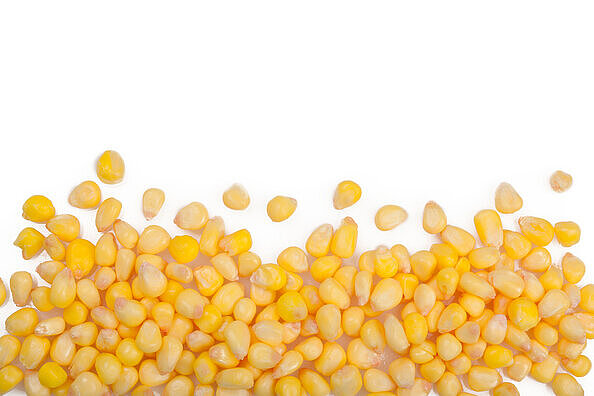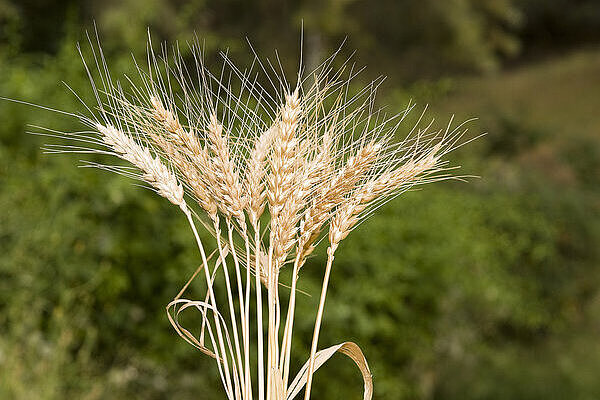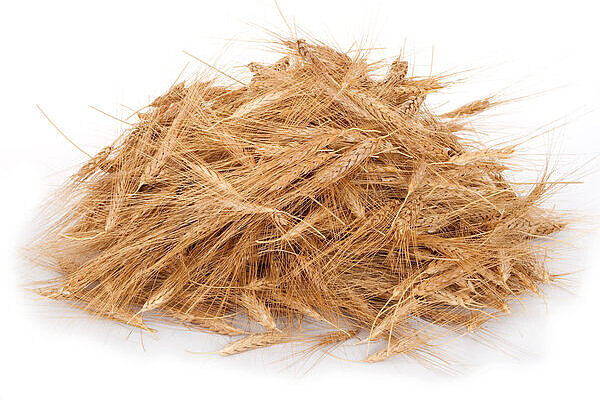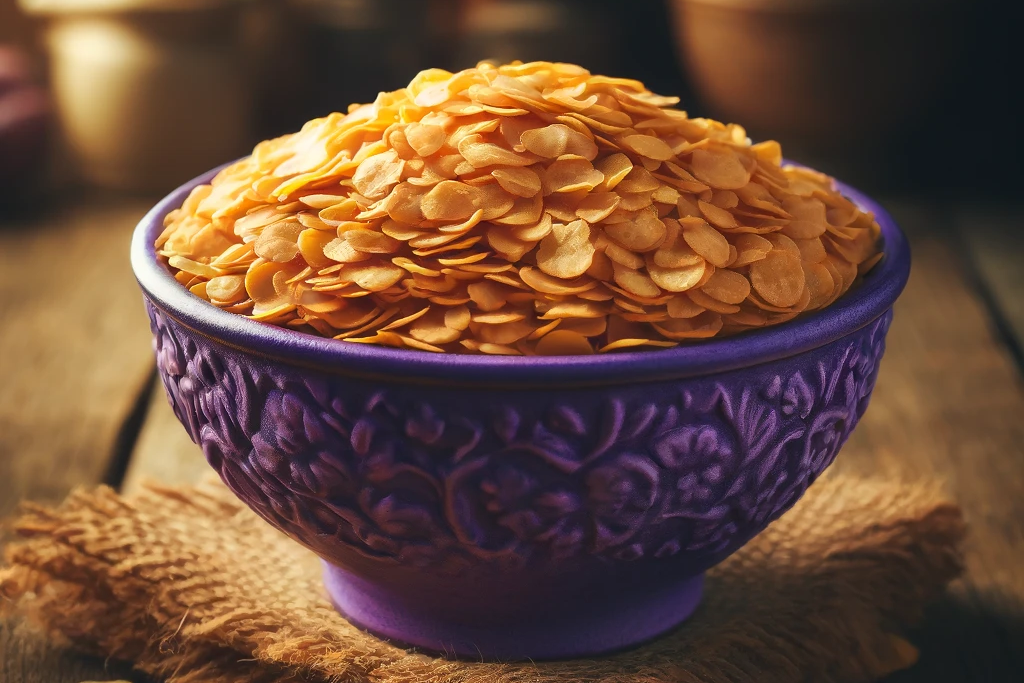Wholemeal maize flakes

You may have heard of wholegrain corn flakes or even eaten them in your own muesli. But did you know that they are also suitable for dogs? In this article, you'll find out what whole grain corn flakes are, what advantages and disadvantages they have for dogs and how to feed them correctly.
What are whole grain corn flakes?
Whole grain corn flakes are made from the whole corn kernel, which is first steamed and then pressed into flakes. They therefore contain all the components of the grain, such as the husk, the germ and the endosperm. As a result, they have a higher content of fiber, vitamins and minerals than normal corn flakes, which consist only of the endosperm.
What are the benefits of wholegrain corn flakes for dogs?
Whole grain corn flakes can be a useful addition to your dog's food, especially if you are feeding your dog barefood or cooking it yourself. They provide your dog with the following benefits:
- Energy: whole grain corn flakes have a high starch content, which provides your dog with quick energy. This is particularly important for active or underweight dogs.
- Fiber: Whole grain corn flakes have more fiber than normal corn flakes. They aid digestion and make your dog feel fuller for longer. This can help control the weight of overweight or overeating dogs.
- Gluten-free : Whole grain corn flakes are naturally gluten-free and therefore suitable for dogs with a grain allergy or intolerance.
- Vitamins and minerals : Whole grain corn flakes contain vitamins B1, B6, folic acid, iron, magnesium and zinc, among others. These nutrients support your dog's immune system, metabolism and blood formation.
What are the disadvantages of wholegrain corn flakes for dogs?
Whole grain corn flakes are not suitable for every dog and should only be fed in moderation. They can have the following disadvantages:
- Blood sugar levels: whole grain corn flakes have a high glycemic load, which means they cause your dog's blood sugar levels to rise quickly. This can lead to diabetes or other metabolic problems if your dog eats too much of it.
- Digestibility: Whole grain corn flakes are harder to digest than other grains such as rice or oats. This is due to the high proportion of indigestible fiber in the husk. This can lead to flatulence, diarrhea or constipation if your dog is sensitive to it.
- Nutritional content: Whole grain corn flakes have more nutrients than normal corn flakes, but still less than other grains or vegetables. They should therefore not be the main source of vitamins and minerals in dog food.
How do I feed whole grain corn flakes correctly?
If you want to feed your dog wholegrain corn flakes, you should bear a few points in mind:
- Amount: Whole grain corn flakes should not make up more than 10-15% of the daily feed ration. This corresponds to about one handful per 10 kg of your dog's body weight.
- Preparation: Whole grain corn flakes must be soaked or cooked before feeding so that they become soft and your dog can digest them better. You can soak it in water or stock or boil it briefly in a pan. Avoid adding salt, sugar, fat or spices.
- Quality: Make sure you buy high-quality whole grain corn flakes that do not contain any additives or pesticides. Organic products or special dog vegetable flakes are best.
- Variety: Whole grain corn flakes should not be the only grain or vegetable you feed your dog. Offer him other varieties too, such as rice, oats, potatoes, carrots, pumpkin or zucchini. This will ensure that your dog gets all the nutrients it needs.
Whole grain corn flakes can be a good addition to dog food if you dose and prepare them correctly. They provide your dog with energy, fiber and some vitamins and minerals. They are also suitable for dogs that cannot tolerate gluten. However, you should make sure that your dog does not eat too much of them, as they increase blood sugar levels and are difficult to digest. You should also never give your dog whole corn on the cob, as it can lead to a life-threatening intestinal blockage.
If you notice any signs of hypersensitivity or poisoning in your dog, you should see your vet immediately. We are not a substitute for a vet, but we try to be as accurate as possible. Every dog reacts differently and we recommend you get a second opinion or consult your vet if in doubt.
Stay healthy and take good care of your four-legged friend!😊
Similar to Wholemeal maize flakes
Corn flakes are a by-product of corn processing. They consist of the endosperm of the maize kernel, which is separated from the husk and the germ. The corn flakes are then heated and pressed to give...
Wholemeal wheat flakes are made from the whole grain of wheat. This means that they contain all the components of the grain: the germ, the endosperm and the husk. This makes them rich in fiber,...
Wheat flakes are wheat grains that have been steamed, rolled and dried. They have a flat, oval shape and a yellowish color. Wheat flakes are often eaten as muesli or porridge, but are also used as...
Lentil flakes are simply crushed lentils that have been processed through a gentle drying process to reduce cooking time and aid digestion. Lentils are an excellent source of vegetable protein, fiber,...



